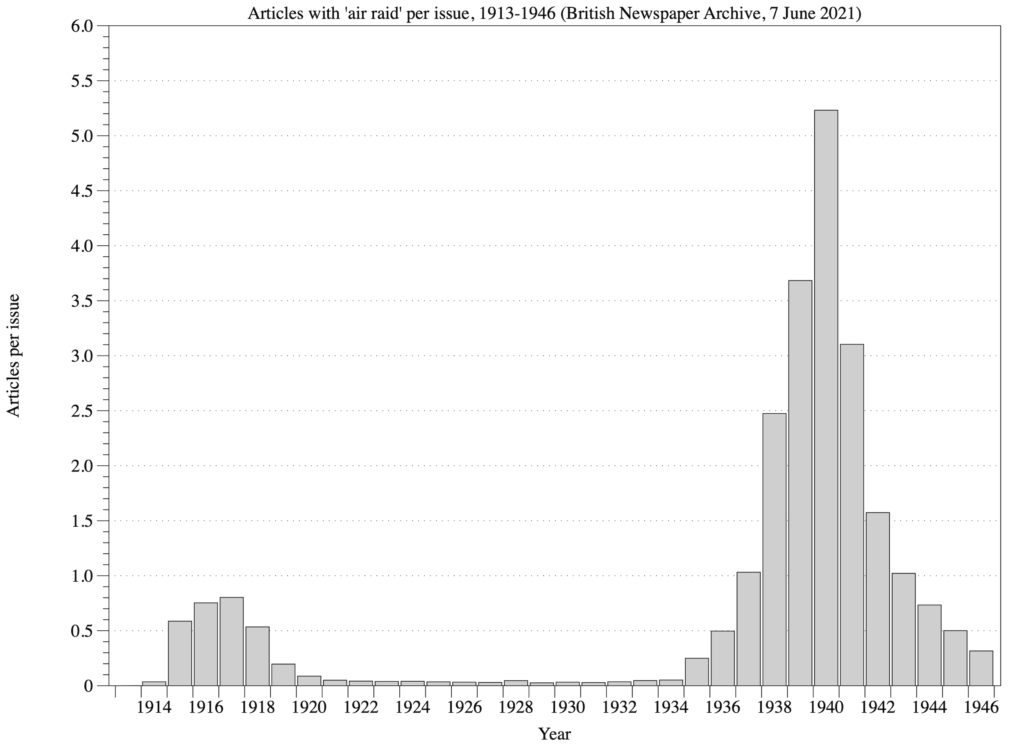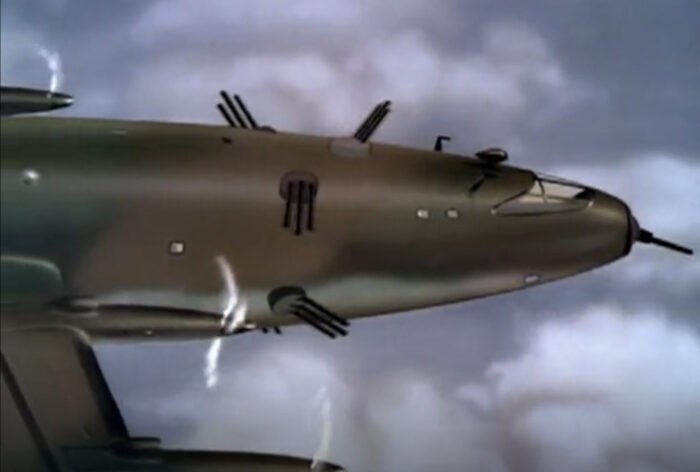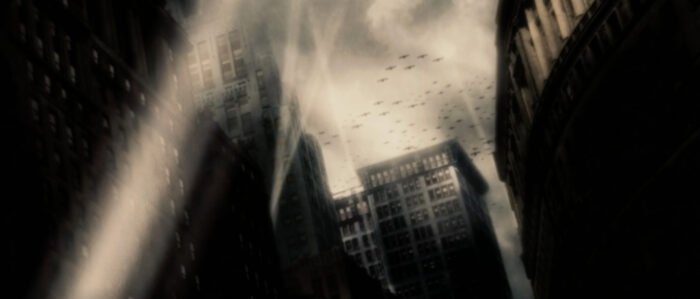The Myall Incident
After its early showing in the 1909 mystery airship wave, Australia was rarely visited by phantom airships proper. Maybe that’s because real airships were even rarer, with none that I know of between 1914 and the late twentieth century: they just weren’t a very plausible thing to think you saw. But they did turn up […]










